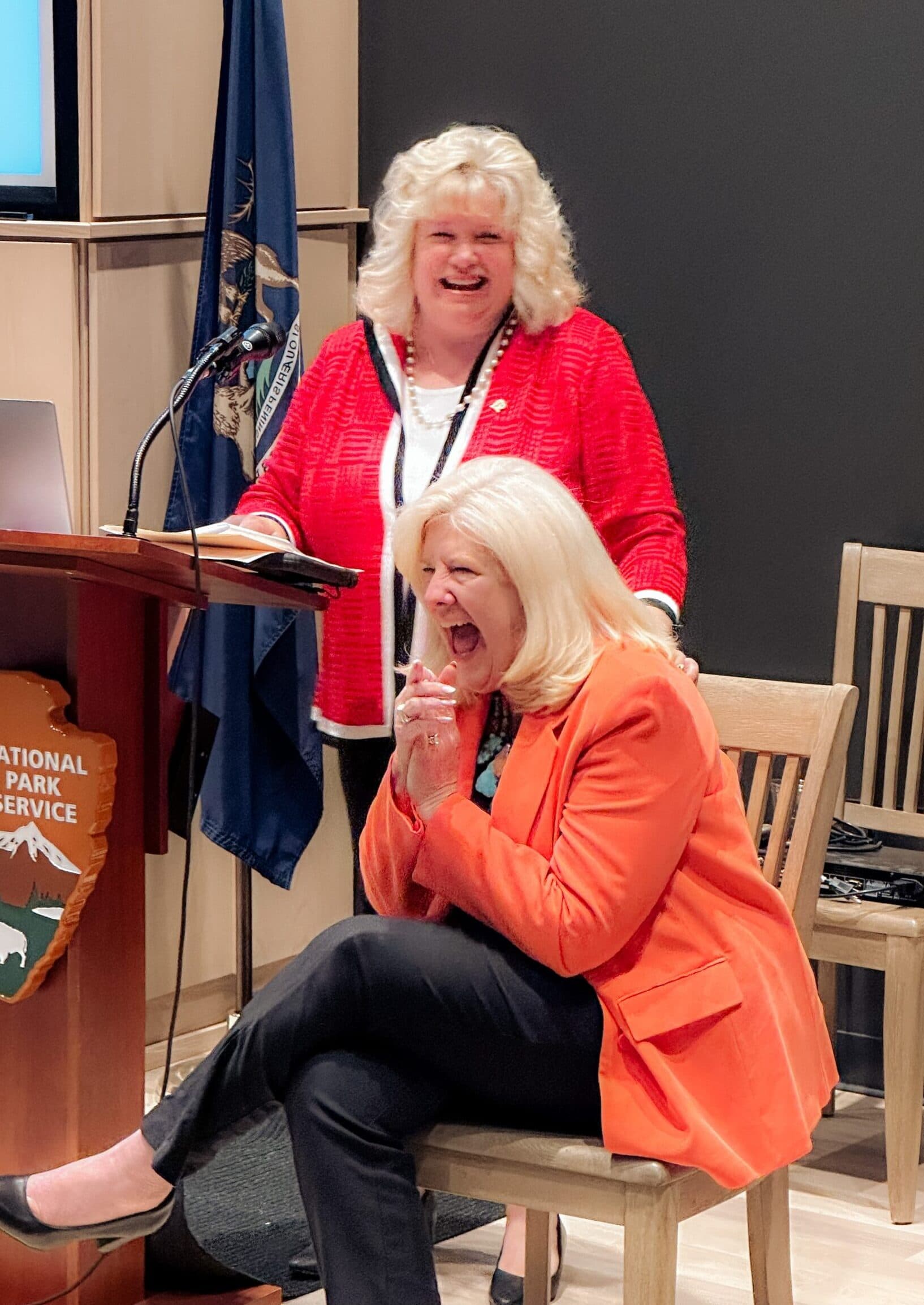



Woman in
Philanthropy
Endowment Fund
G.R.O.W
Nationwide, women are increasingly influential in family decisions about charitable giving. Recognizing this, the Community Foundation of Monroe County, through a group of dedicated women, has established G.R.O.W. Monroe.
Giving Represents Our Women is a philanthropic women’s organization which supports women & children organizations throughout the community. The group unites powerful, visionary women who are committed to provide lasting, fundamental change in the community and to help area women and children make better lives for themselves.
Our Purpose
To ensure that women have the information we need to be effective philanthropists. To financially support organizations that can provide a better life for women and help to promote a better future for our children. To keep members informed of the issues in our community that are currently affecting these individuals and to become an active participant in changing those situations. Currently we are involved with the issue of human trafficking and focusing on ways to help combat this endemic problem.

About the Membership
Each member commits to contribute $1,500.00 to be added to the G.R.O.W. Monroe Women In Philanthropy endowment fund. The investment can be paid over 1 year, 3 years or 5 years and is tax deductible. The interest generated from the endowment is utilized for awarding grants to local organizations that benefit women and children. Annually, members have voting rights to decide which organizations will receive the grants.

We Now Offer Annual
Corporate Memberships
We realize that corporations are placing enhanced importance on women in the workplace and want to find a way to honor them. This membership could be the answer to showing your commitment to your workforce.
The installment options are available for your convenience. In addition, your name and/logo will be displayed on our website for a year under GROW. Just fill out the form and return it to the Community Foundation.




Women of Philanthropy
In Monroe County
The women of Monroe County have a rich history of incredible impact through philanthropic endeavors. From supporting education and healthcare to preserving historic landmarks and promoting social justice, the women of Monroe County have played a pivotal role in shaping the landscape of this region. Our aim is to highlight the inspiring stories of these women and their philanthropic legacies, recognizing their contributions and inspiring future generations of women to continue their work. Join us as we delve into the history of women’s philanthropy in Monroe County and celebrate the remarkable women who have made a difference in our community.









Dr. Elizabeth Crosby
Dr. Elizabeth Crosby studied the anatomy of the brain, making her mark in the male-dominated world of science and medicine. From 1915 – 1920 she was principal and then superintendent of schools in Petersburg, introducing zoology courses and even coaching the boys’ basketball team. While teaching she continued her work as a comparative neuroanatomist, eventually becoming the first female full professor of the Medical School at the University of Michigan. Retiring from U of M in 1958, she went on to work in neurosurgery for the next 23 years, even being presented with the National Medal of Science award in 1980 from President Jimmy Carter.